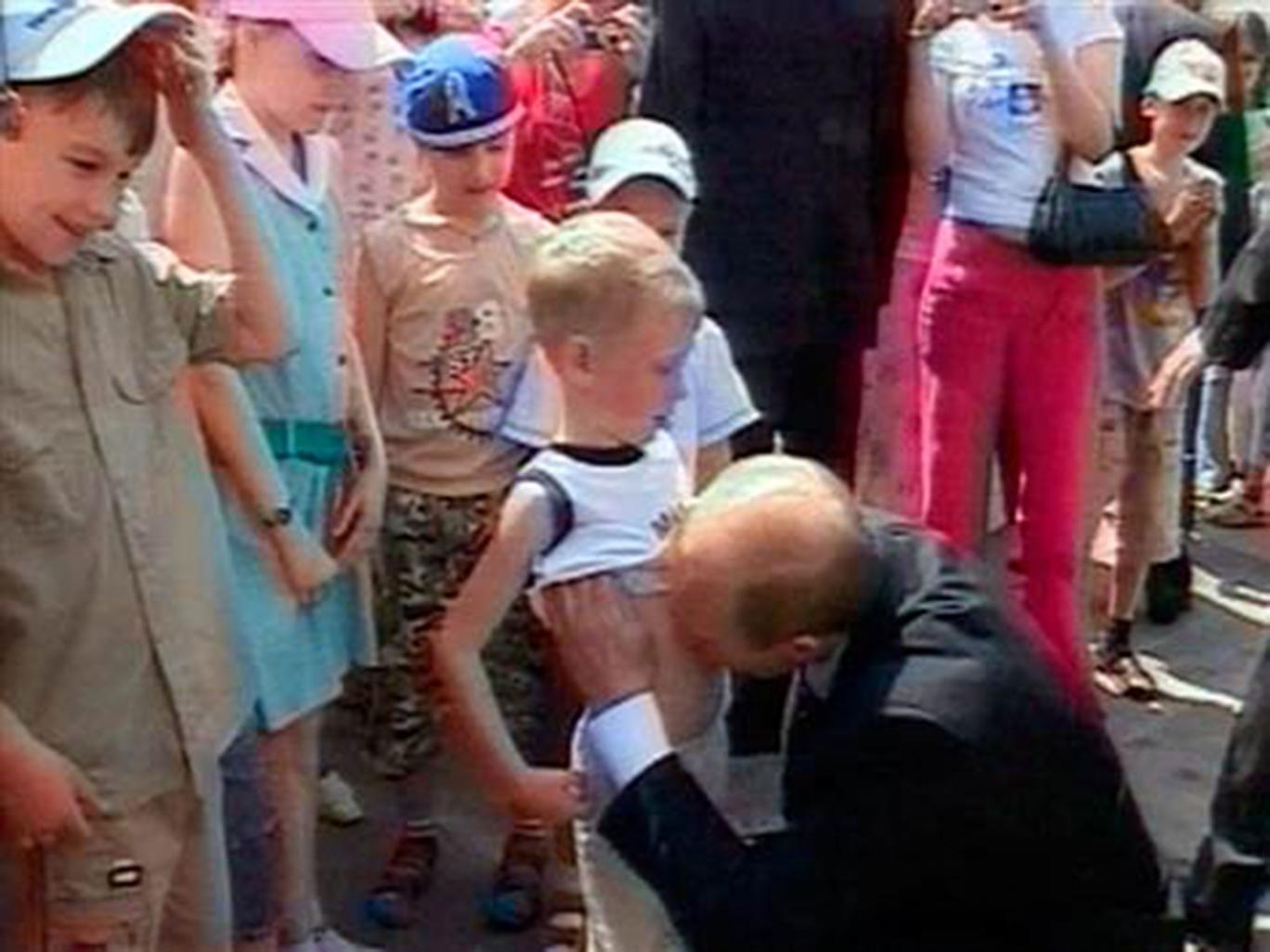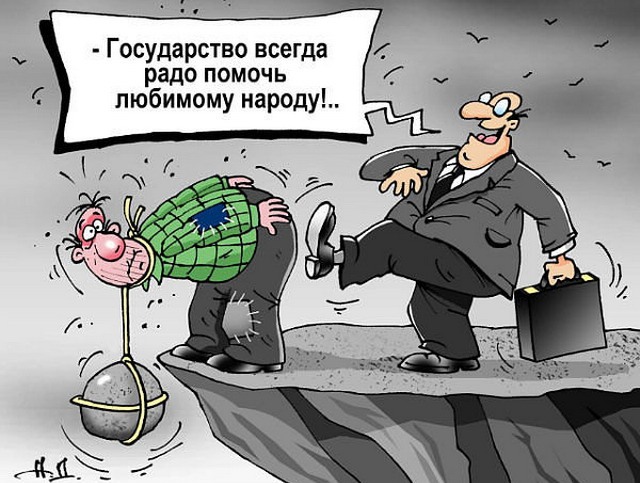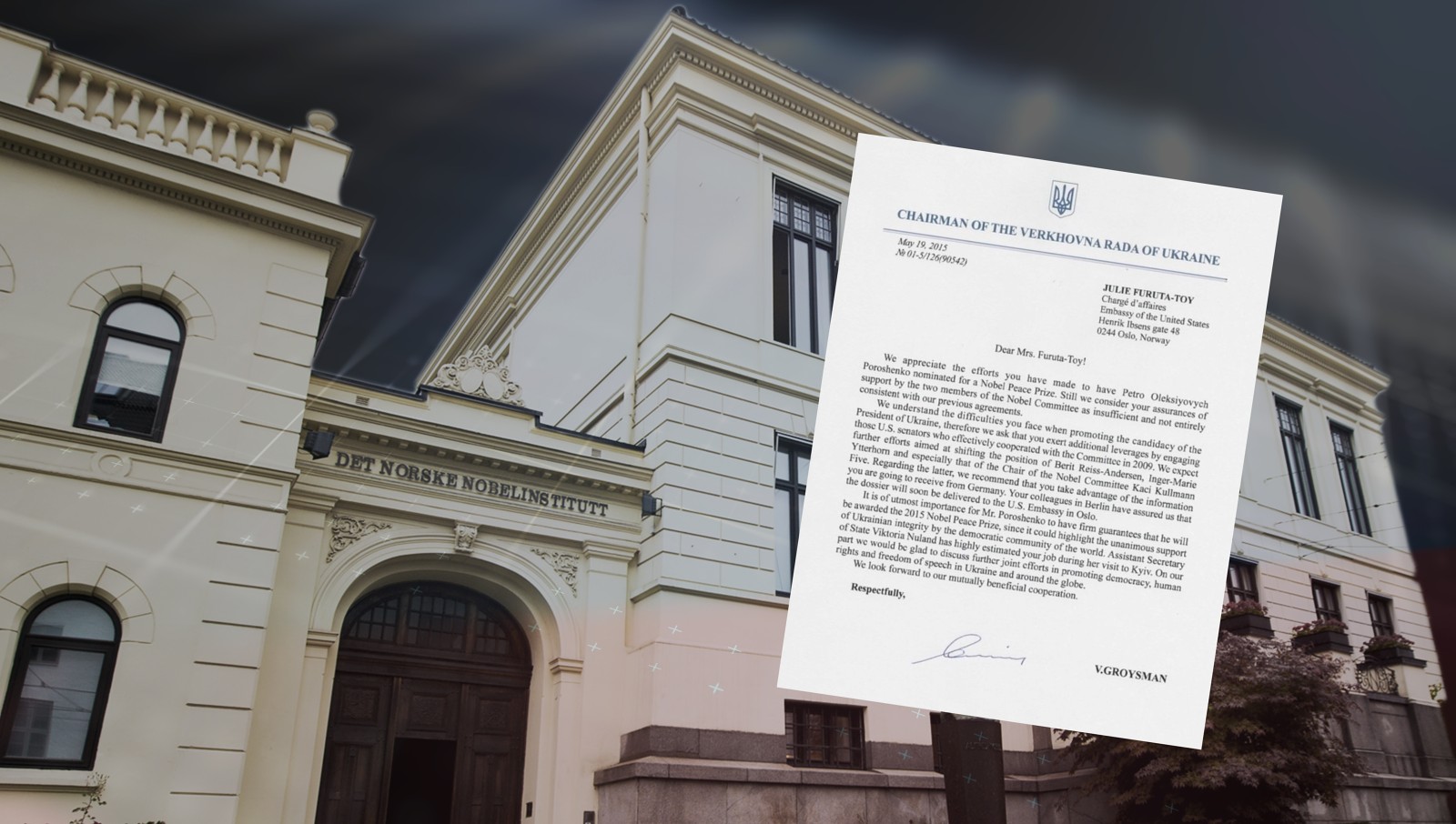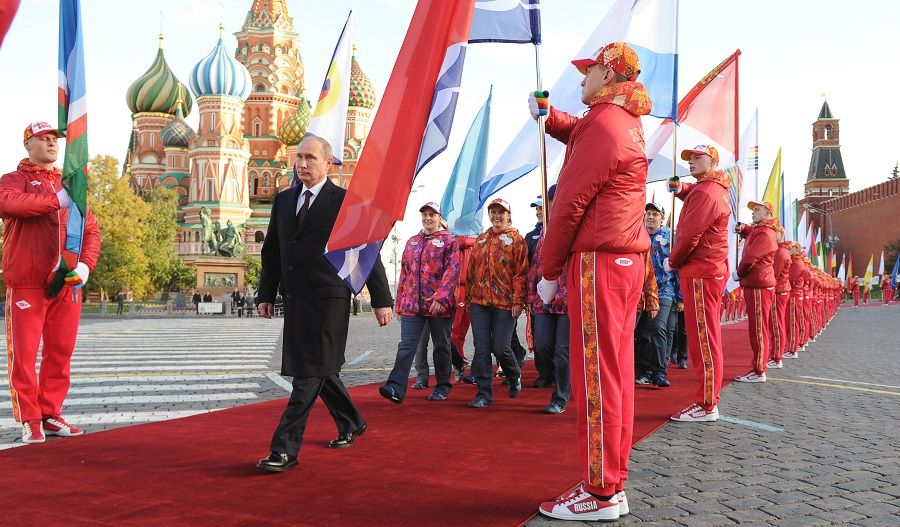During the last few days, there have appeared a plethora of articles in both Russia and the West suggesting that Vladimir Putin is about to leave office either voluntarily or under compulsion. But many of these articles appear to confuse that which they would very much like to see with what will or even must happen.

Consequently, it is useful to listen to a Russian analyst who, while profoundly critical of Putin’s policies, does not see any occasion for the departure of the Kremlin leader now and thus does not expect it. That analyst is Moscow economist Vladislav Inozemtsev.
In the course of a lengthy interview with Znak.com in which he repeats his criticism of Putin’s failures in economic and foreign policies, Inozemtsev directly addresses the issue of whether as many appear now to think these failings will so weaken his rule that he will be forced one way or another from office.
The “degrading system” in Russia is “quite stable because [Russians] have become accustomed to view it as being in a degrading state.” As a result, Inozemtsev says, they do not react as Europeans do, seek to identify those who are to blame, and then demand that they be replaced in office by others.
Moreover, he continues, “when you live over the course of decades in a country where the government absolutely spits on the people, where force always was the norm, where 70 years ago the authorities killed 20 million of their own population, where you never lived in a wealthy manner or saw the rest of the world, why should you be afraid” of such problems?
Given such experiences of the population, Putin and those in power don’t have to begin a new war or engage in broader repressions. Neither is necessary, and Inozemtsev says, “neither is in prospect.”
It is true that life is becoming more difficult for Russians and that they understand that this is the case. But the problem is that that understanding “does not have any consequences. No one tries to blame Putin for the fact that the population lives worse, and with the help of propaganda, he can convince them that all the problems are the result of the efforts of the West.”
Yeltsin’s experience in the 1990s provides confirmation of this pattern, Inozemtsev says. Despite disaster after disaster, he was not challenged “because people in general didn’t expect anything normal from life and from the authorities if anything less.” Consequently, they weren’t disappointed and certainly weren’t ready to drive him from office.
This pattern, the Moscow economist says, is “the fundamental cause of the firmness of the system of Russian power.”
Putin’s ratings may fall, but this is irrelevant because ratings are one thing and elections are quite another: political technologists ensure that the latter are quite predictable. Consequently, even if there is a fall in expressed support for Putin, Inozemtsev argues, nothing really threatens Putin and Putin knows this.
That doesn’t mean that Putin will be in office forever, but his departure will either be his own choice or the result of the collapse of his system as a whole. The current powers that be “will end just as the Soviet one did.” Even in 1991, there was no palace coup; and the CPSU had a far more collective leadership than does Putin.
![The front and back views of the grave stone of Putin's wrestling coach and, as now being revealed, one of the city's top criminals at the time Leonid Ionovich Usvyatsov who spent 20 years in prison and reportedly helped Putin get admitted to the Leningrad State University using his connections. Putin mentioned about him in his memoirs called "From the First Person" without using the coach's surname (for reasons now becoming obvious). As the engraving states, Usvyatsev himself composed the epitaphs for his grave stone. [Translator: Please note that in the original Russian the epitaphs crudely rhyme, but the translation did not attempt to reproduce rhyming prioritizing accuracy instead. ] The epitaph on the front panel says: "A grave and on the grave there is an epitaph: 'I am dead, but mafia is immortal.'" The back panel is engraved with the following epitaphs: "Hooray! I finally died!!! All of my life I worked for broads like a slave. Now I won't spend a kopeck on this liver sausage anymore." "I gave her my two final bangs and then was carried away on a hearse." "Let's drink to all of us, for the curtain will fall soon." (Image: openrussia.org)](http://euromaidanpress.com/wp-content/uploads/2015/12/4bbcb9a683811-300x205.gif)
As a result, Inozemtsev says, he “does not see a chance for palace coups or a popular uprising or anything of the kind. It seems to [him] that there is only one variant of a way out of this situation: the system collapses on its own when there will be nothing left to steal. It should die because of its own senselessness.”
Putin could of course decide to leave in 2018, although it would have been better for him and for Russia if he had done so in 2008. “But this chance wasn’t used.” And everyone needs to recognize that there are today no people who really want to “overthrow Putin” – and he knows that. Instead, elites and the population will put up with him more or less forever.
There is a microscopically small chance that Putin will decide not to run in 2018, Inozemtsev concludes; but it is so small as to be meaningless. Putin won’t leave because he “is convinced that he is doing everything correctly, and he believes that all difficulties are temporary, and he does not see any reasons for departing.”
Related:
- Chekist regime and criminal world in Russia now ‘completely coincide,’ Portnikov says
- Ever more Russians are at risk of repression as Putin’s Russia heads toward totalitarianism
- Kremlin’s censorship of Shenderovich interview spotlights Putin’s mafia connections
- Litvinenko murder was ‘act of nuclear terrorism,’ his widow reminds the world
- Punitive psychiatry returning with a vengeance in Putin’s Russia
- Putin is a murderer but world will deal with him as it did with Hitler and Stalin, Goldfarb says
- Putin and the Litvinenko verdict
- The economic cost of Putin’s miscalculations
- Troubling questions about Putin: Is he sick? And is he getting rid of witnesses?








